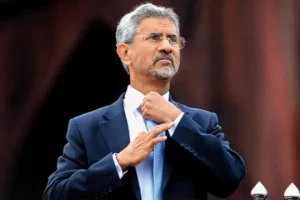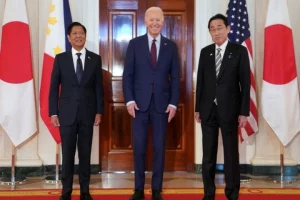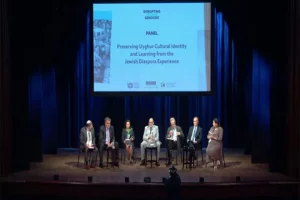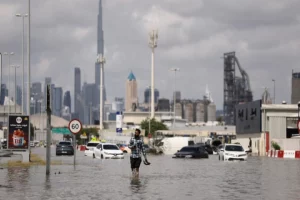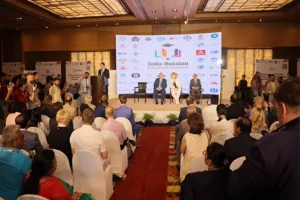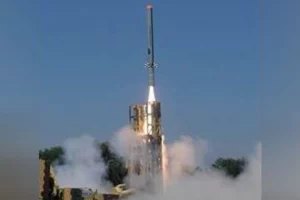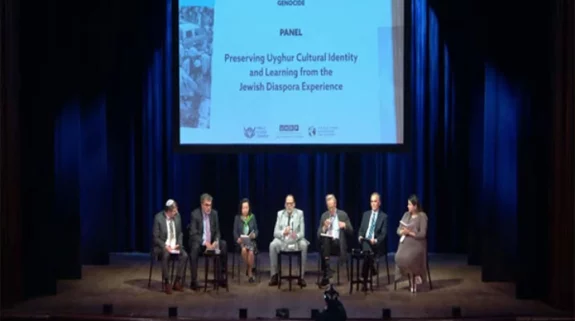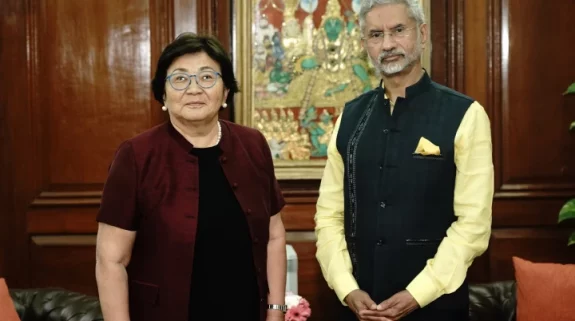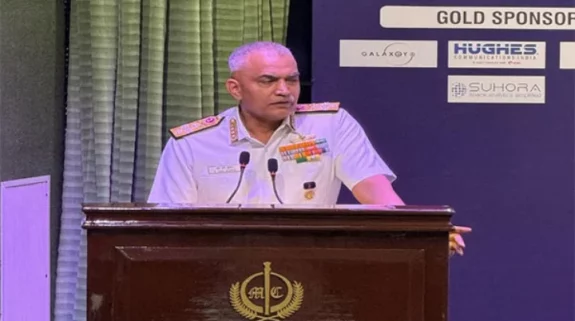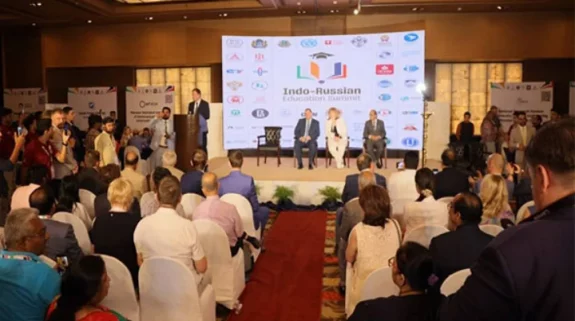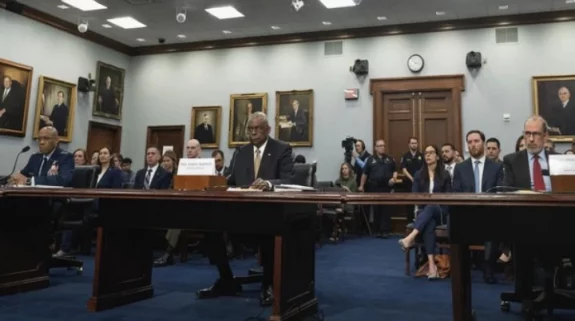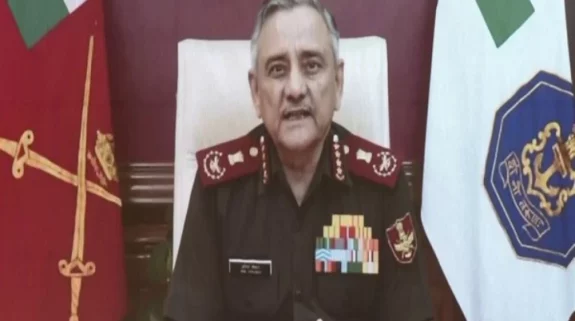The Pakistan Army has always played a decisive role in the country's political system. Currently, it is keeping a close watch on developments as an open war is taking place between the ruling Pakistan Tehreek-e-Insaf (PTI) headed by Imran Khan and the newly-formed anti-government alliance of 11 opposition parties under the banner of Pakistan Democratic Movement (PDM).
The PDM has launched a nationwide campaign against the Imran Khan government through public meetings, protest demonstrations and rallies. A "decisive long march” has been planned for Islamabad in January 2021. Unfortunately, time and tide have gone against the PM as Pakistan is experiencing an economic crisis, with inflation touching double digits and negative growth.
The PDM’s impressive show of strength at rallies in Gujranwala , Karachi, and Quetta has unnerved Khan. The PDM, among its other demands, also seek an end to the military's alleged interference in politics.
The Pakistan Army has been keeping its hawkish eyes on incompetent, power-hungry, corrupt politicians, fighting each other to preserve their status quo. The squabbling in political parties could invite military intervention.
The opposition party leaders have kept their guns pointed at the prime minister and his failed policies. However, former prime minister in self-exile, Nawaz Sharif continues to dominate the PDM narrative by attacking the military leadership as well.
The show of strength by PDM in Karachi has frustrated Khan who used the military against demonstrators. Pakistan Muslim League-Nawaz (PML-N) leader Mohammed Zubair says that he was told by Sindh Chief Minister Murad Ali Shah that the Rangers had abducted the Sindh IG police and taken him to a sector commander’s office where he was forced to issue arrest orders. The additional AIG was also brought there. Capt (retd) Mohammad Safdar, husband of Mariam Nawaz – the vice president of PML (N), was arrested. Mariam warned PM Imran to stop dragging the army into “dirty politics” and to stop being a spokesperson of the military. But she obliquely expressed her gratitude towards the army by saying her party PML-N salutes the Pakistan Army and those officers who act within their constitutional limits.
From 1971 onwards Pakistan witnessed a series of civilian administrations, which were actively weakened by the military to preserve their power, misgovern, loot and plunder and avoid accountability. A system further strengthened by Gen. Zia ul Haq and Gen. Musharraf, who co-opted, by and large, the same corrupt elements they had overthrown, to legitimize their take-over.
The first big opportunity for reform came under Bhutto who swept to power on a wave of popular support after 1971, but failed because, at heart, he was a dictator and not a democrat, despite his democratic frills and pretensions. He dislodged the democrats and socialists in his party, welcomed feudal and traditional corrupt politicians – military or civilian – who always, remained close to power.
In Pakistan, martial law or a quasi-military dispensation works, but with the same tragic result. Pakistan’s political mafia will try its best to recapture power. The only fear to political parties is from the army which has been a constant threat to their loot and plunder.
Today, Nawaz Sharif and Zardari, though on diametrically opposing political platforms, have joined forces with the ultra-right-wing obscurantist forces of Fazl ur Rehman and the supposedly secular nationalists like Asfandyar and Achakzai to form a strange new, “Urban-Feudal–Religious–Secular” front to recapture political power.
The mission for the opposition parties is to “save democracy” targeting both PM Khan and the army.
In an exclusive interview, Rana Abrar Khalid, a senior journalist who runs <em>Economy News YouTube</em> channel from Islamabad, told <em>IndiaNarrative.com:</em> “I do not think army rule will come again in Pakistan because of the bad economic situation. It has been a practice that the army prefers economic stabilization being established by democratic governments.” When asked about the division in the army, he said the Pakistan Army leadership is pro-China. Though the military establishment has shifted its loyalty from USA to China, complete divorce from the US may create difficulties for Pakistan as China is not an absolute alternative.”
On the opposition front, PML-N is the main stakeholder. According to sources, Shahbaz Sharif – brother of Nawaz Sharif, could become the PM and his son Hamza the Chief Minister of Punjab. But PPP differs on this proposal. However, Nawaz Sharif in consultation with Asif Zardari and Maulana Fazal u Rehman has reached a viable arrangement to leave Sindh with the PPP. The arrangement is that Syed Murad Ali Shah continues as chief minister of Sindh for two years, and Bilawal Bhutto takes over after attaining the age of 35 as required for the PM post of Pakistan. PML-N will form its government in Punjab, JUIF in KP (with PML-N, ANP & PPP), BNP Mengal in Balochistan (with JUIF & PKMAP), and PPP in Sindh with Saeed Ghani as the new CM.
Besides the decisive long march planned for January 2021, Pakistan's opposition political parties will also show their strength through the PDM on 25 November in Multan..






